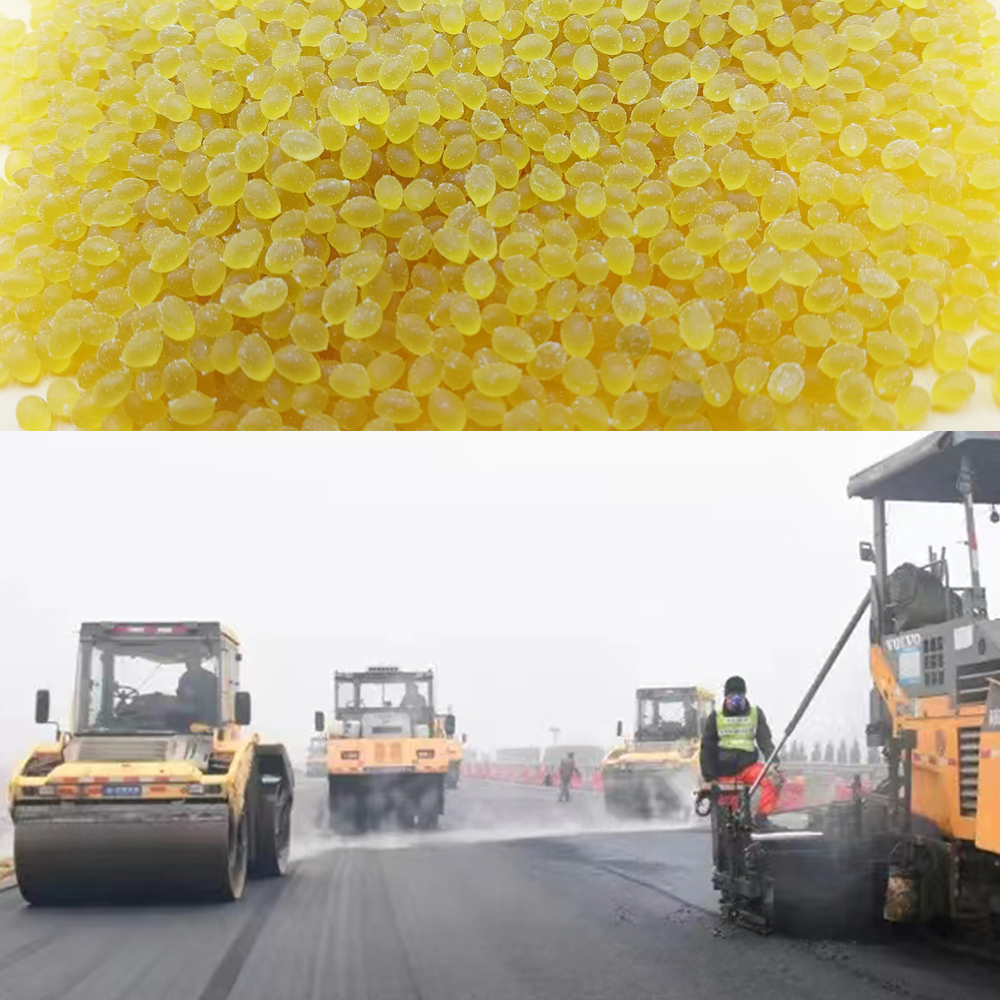Table of Contents
Benefits of Using High Viscosity Additives in Asphalt Mixtures
Asphalt is a commonly used material in road construction due to its durability and ability to withstand heavy traffic loads. However, one of the challenges with using asphalt is its tendency to become brittle in cold weather and soft in hot weather. This can Lead to cracking, rutting, and other forms of pavement distress. To address this issue, high viscosity additives are often used in asphalt mixtures to improve the performance and longevity of the pavement.
High viscosity additives are materials that are added to asphalt mixtures to increase the viscosity of the binder. This helps to improve the stiffness and resistance to deformation of the asphalt, making it more durable and able to withstand the stresses of traffic and weather. There are several benefits to using high viscosity additives in asphalt mixtures.

One of the main benefits of using high viscosity additives is improved resistance to rutting. Rutting is a common form of pavement distress that occurs when the asphalt binder becomes too soft and deforms under the weight of traffic. By increasing the viscosity of the binder, high viscosity additives help to prevent rutting and maintain the structural integrity of the pavement.
Another benefit of using high viscosity additives is improved resistance to cracking. Cracking is a major issue in asphalt pavements, especially in cold weather when the asphalt becomes brittle. High viscosity additives help to increase the flexibility and elasticity of the binder, making it less prone to cracking and extending the life of the pavement.
In addition to improving resistance to rutting and cracking, high viscosity additives also help to enhance the overall performance of the asphalt pavement. By increasing the stiffness and durability of the binder, high viscosity additives can improve the fatigue resistance, moisture resistance, and aging resistance of the pavement. This leads to a longer service life and reduced maintenance costs for the pavement owner.
Furthermore, high viscosity additives can also improve the workability and compaction of the asphalt mixture during construction. By increasing the viscosity of the binder, high viscosity additives help to reduce segregation and improve the cohesion of the mixture. This makes it easier to achieve proper compaction and density, resulting in a smoother and more uniform pavement surface.
Overall, the use of high viscosity additives in asphalt mixtures offers a wide range of benefits for pavement performance and longevity. By improving resistance to rutting and cracking, enhancing overall performance, and improving workability and compaction, high viscosity additives help to create more durable and long-lasting asphalt pavements. Pavement owners and contractors can benefit from using high viscosity additives to improve the quality and longevity of their asphalt pavements.
How High Viscosity Additives Improve Performance and Durability of Asphalt Pavements
Asphalt is a commonly used material in the construction of roads, driveways, and parking lots due to its durability and ability to withstand heavy traffic. However, over time, asphalt pavements can deteriorate due to factors such as weathering, traffic loads, and aging. To combat these issues and improve the performance and durability of asphalt pavements, high viscosity additives are often used.
High viscosity additives are substances that are added to asphalt to increase its viscosity, or thickness. This helps to improve the overall performance of the asphalt by enhancing its resistance to deformation, cracking, and rutting. By increasing the viscosity of the asphalt, high viscosity additives can also improve its adhesion to aggregates, resulting in a stronger and more durable pavement.
One of the key benefits of using high viscosity additives in asphalt is their ability to improve the overall performance of the pavement. By increasing the viscosity of the asphalt, these additives help to reduce the likelihood of rutting and cracking, which are common issues that can occur in asphalt pavements. This, in turn, helps to extend the lifespan of the pavement and reduce the need for costly repairs and maintenance.
| Part | Name |
| 1 | bonding Asphalt Modifier |
In addition to improving the performance of asphalt pavements, high viscosity additives can also enhance their durability. By increasing the viscosity of the asphalt, these additives help to create a stronger and more resilient pavement that can withstand heavy traffic loads and harsh weather conditions. This can help to extend the lifespan of the pavement and reduce the need for frequent repairs and replacements.
Furthermore, high viscosity additives can also improve the overall quality of the asphalt pavement. By increasing the viscosity of the asphalt, these additives help to create a smoother and more uniform surface that is less prone to cracking and rutting. This can help to improve the overall appearance of the pavement and enhance the driving experience for motorists.
Overall, high viscosity additives play a crucial role in improving the performance and durability of asphalt pavements. By increasing the viscosity of the asphalt, these additives help to enhance its resistance to deformation, cracking, and rutting, as well as improve its adhesion to aggregates. This, in turn, helps to create a stronger and more durable pavement that can withstand heavy traffic loads and harsh weather conditions.
In conclusion, high viscosity additives are an essential component in the construction of durable and long-lasting asphalt pavements. By increasing the viscosity of the asphalt, these additives help to improve its performance, durability, and overall quality. This, in turn, can help to extend the lifespan of the pavement and reduce the need for costly repairs and maintenance. Overall, high viscosity additives are a valuable tool in the construction of high-quality asphalt pavements that can withstand the test of time.

